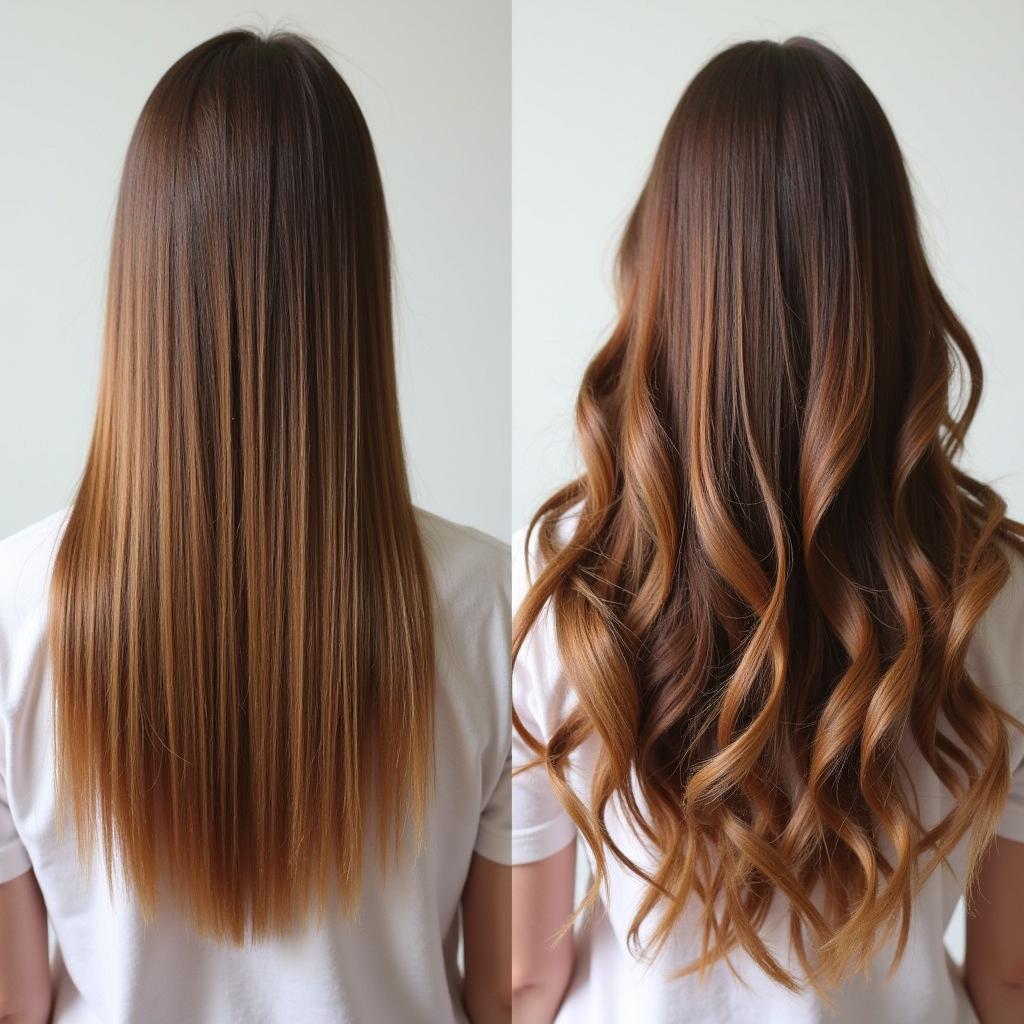Alcohol Cleanser: Your Guide to Purified and Healthy Skin
- AmazoniaSilva
- Tháng 12 11, 2024
- Zodiac signs
- 0 Comments
Alcohol Cleansers have become a common skincare staple, praised for their deep cleaning abilities. This comprehensive guide explores the benefits and drawbacks of using alcohol-based cleansers, helping you decide if they’re the right choice for your skin.
Understanding Alcohol in Skincare
Alcohol in skincare products can be a double-edged sword. While some types effectively remove excess oil and debris, others can disrupt the skin’s natural barrier, leading to dryness and irritation. It’s crucial to understand the different types of alcohol used in cleansers to make informed decisions about your skincare routine.
The Good: Fatty Alcohols
Fatty alcohols, such as cetyl alcohol and stearyl alcohol, are often included in cleansers to create a creamy texture and act as emollients. These alcohols are generally considered safe and beneficial for most skin types, even sensitive skin, as they can help hydrate and soothe the skin.
The Bad: Simple Alcohols
Simple alcohols, such as ethanol, isopropyl alcohol, and denatured alcohol, are the ones that often cause concern. While these alcohols can be effective at removing oil and dirt, they can also strip the skin of its natural oils, leading to dryness, irritation, and even breakouts. Overuse of cleansers containing these alcohols can damage the skin’s protective barrier, making it more susceptible to environmental aggressors and infections.
Who Should Use Alcohol Cleansers?
Alcohol cleansers can be beneficial for individuals with oily or acne-prone skin, as they can help remove excess sebum and prevent clogged pores. However, those with dry, sensitive, or mature skin should generally avoid alcohol-based cleansers, as they can exacerbate dryness and irritation.
Spot Treatment vs. Daily Use
While using an alcohol cleanser for spot treatment might be acceptable for some, daily use is generally discouraged, especially for those with sensitive skin. Even oily skin can become dry and irritated with frequent use of harsh alcohol cleansers.
Choosing the Right Alcohol Cleanser
If you decide to incorporate an alcohol cleanser into your routine, it’s essential to choose one that’s formulated for your skin type. Look for cleansers that contain lower concentrations of simple alcohols and are balanced with hydrating ingredients like hyaluronic acid or glycerin.
Reading the Label
Always check the ingredient list before purchasing an alcohol cleanser. Ingredients are listed in descending order of concentration, so if a simple alcohol is listed near the top, it likely contains a high percentage.
“When choosing an alcohol-based cleanser, look for formulations that combine cleansing properties with hydrating ingredients to minimize potential dryness,” says Dr. Amelia Hayes, a board-certified dermatologist.
Alternatives to Alcohol Cleansers
For those seeking a gentler cleansing experience, plenty of alcohol-free options are available. Cleansers containing micellar water, oil-based cleansers, and cream cleansers can effectively remove makeup and impurities without stripping the skin of its natural oils.
“Many effective cleansers on the market don’t rely on alcohol to cleanse the skin thoroughly,” adds Dr. Hayes. “These alternatives can be a better option for maintaining a healthy skin barrier.”
Conclusion
Alcohol cleansers can be a powerful tool for managing oily skin, but it’s crucial to use them with caution and choose the right formulation. Understanding the different types of alcohol in skincare products empowers you to make informed decisions and create a skincare routine that promotes healthy, balanced skin. For those with dry or sensitive skin, exploring alcohol-free alternatives is highly recommended. Alcohol cleanser usage should always be tailored to individual skin needs.
FAQ
- Can alcohol cleansers cause breakouts? Yes, harsh alcohol cleansers can disrupt the skin’s barrier, potentially leading to inflammation and breakouts.
- Are all alcohols in skincare bad? No, fatty alcohols can actually benefit the skin by providing hydration and emolliency.
- How can I tell if an alcohol cleanser is too harsh for my skin? If your skin feels tight, dry, or irritated after using an alcohol cleanser, it’s likely too harsh for your skin type.
- What are some good alternatives to alcohol cleansers? Micellar water, oil-based cleansers, and cream cleansers are gentle yet effective alternatives.
- Can I use an alcohol cleanser if I have combination skin? It depends on the formulation. Look for a cleanser that’s balanced with hydrating ingredients and use it sparingly on the oily areas of your face.
- How often should I use an alcohol cleanser? Even for oily skin, daily use is often not recommended. Start with a few times a week and adjust based on your skin’s response.
- Can I use an alcohol cleanser to remove makeup? While some alcohol cleansers can remove makeup, they might not be the best option for delicate eye makeup.
For further information on skincare and product recommendations, you can explore other articles on our website such as “Understanding Your Skin Type” and “Building a Basic Skincare Routine.”
For any assistance, please contact us at Email: [email protected], address: Fifth Avenue, 34th Floor, New York, NY 10118, USA. We have a 24/7 customer service team.
